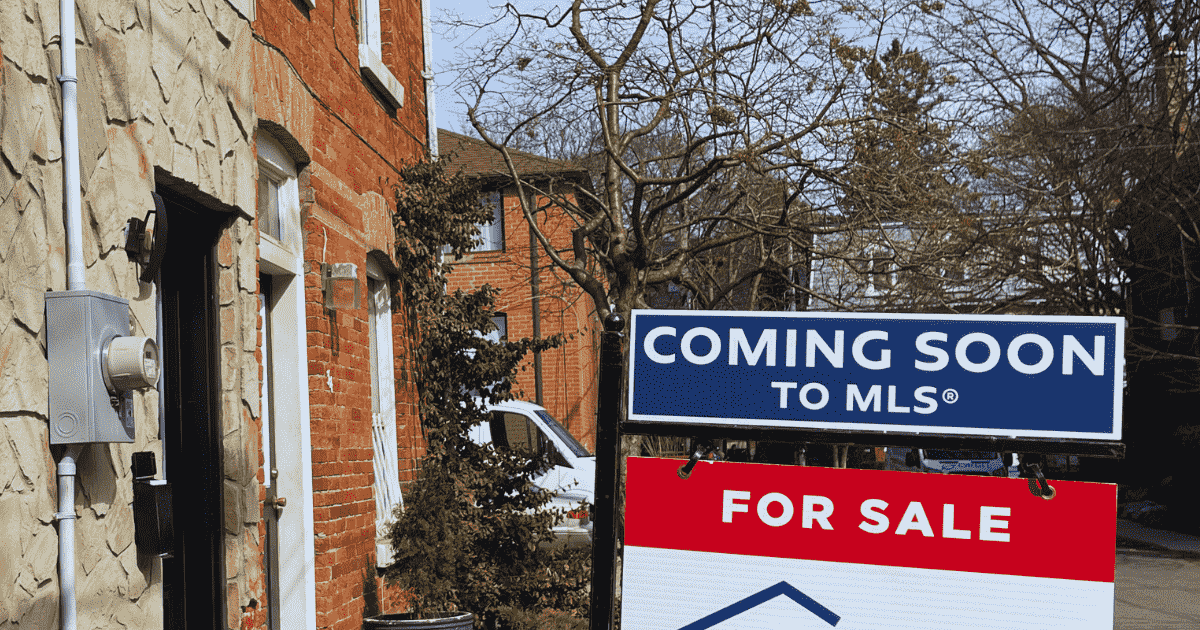The fact that tourism in Canada has reached record-breaking numbers has not gone unnoticed by the world’s leading hotel brands, including Hilton.
Tourism here generates a whopping $102 billion in annual economic activity. This spring, the federal government unveiled its new tourism growth strategy to help push that number even higher going forward.
REM recently attended a media briefing hosted by Hilton to discuss its role in this country’s economic, business and tourism growth. The focus was on the all-suites brands by Hilton. The hospitality giant is investing heavily in this model, particularly in Canada, where the all suites format made significant headway last year and is slated to be a growing presence. The event was held at the newly opened Home2 Suites by Hilton Toronto Brampton, which is paired with a Hilton Garden Inn.
It’s a double first for Hilton in the Toronto region – both the company’s initial dual-branded property in the area (the premise being that dual-branded hotels provide more versatile options for both business and leisure travelers), as well as the first Home2 Suites by Hilton there. (An all suites, affordable, extended-stay hotel option, Home2 Suites was identified at the media event as one of Hilton’s fastest-growing brands ever.)
Bill Duncan, global head of Hilton’s all suites and focused service categories, said in a news release that the GTA was selected for this particular hotel launch because its “diverse culture and rapidly expanding tourism industry” make it a perfect location to further expand Hilton’s brand footprint in the Canadian market.
The stage has already been set for future growth, with over 20 per cent of planned Hilton properties in Canada being in the all-suites category. The strongest markets for Hilton here are Ontario, Quebec and British Columbia, says Alan Roberts, global head of Embassy Suites by Hilton.
There are 17 brands under the Hilton umbrella, offering tiers of rates, services and amenities, ranging from Waldorf Astoria at the high end, to more affordable choices including Tru and Hampton by Hilton.
The all-suites brands are Embassy Suites by Hilton; Homewood Suites by Hilton; and Home2 Suites by Hilton. The all-suites hotel concept (wherein all guest accommodations are suites, incorporating a separate living space and kitchen facilities) lends itself to international and domestic business and leisure travelers alike, who enjoy the added space and amenities.
“We noticed customers asking for microwaves and fridges even back 25 years ago,” says Chuck Lodhia, vice president of JM Hospitality, which developed and manages the Brampton dual-branded hotel and various other Hilton properties. So, when all-suites hotels came along, it was a “no brainer” for his company, he says.
It’s an under-developed segment here, making Canada a prime market, says Jeff Cury, senior director of development for Hilton, Canada. The lower dollar compared to the U.S. doesn’t hurt either. Cury says that suite hotels are an area that is “showing tremendous growth and real opportunity” for the hotel industry.
Extended-stay, all-suite hotels are more established in the U.S. In Canada they are still somewhat misunderstood, with growing demand and plenty of opportunity for catch-up, Hilton officials say. Despite the name and the fact that they tend to be targeted to travelers staying five to 15 days, any stay length is acceptable, extended or otherwise.
It’s a concept that could be regarded as in some ways sharing market space with Airbnb. Certainly, a quick Google search indicates that competition between hotels and Airbnb is intensifying. Despite new stricter regulations, as Airbnb extends its reach and increasingly begins to target business travelers, hotels are more likely to be affected.
It’s not a simple equation though. It can be a bit like comparing apples or oranges.
“It’s two different businesses. They are rooms and we are hospitality,” says Adrian Kurre, global head of Home2 Suites by Hilton. “We think a big part of the hospitality experience is people connecting with people…. We stay focused on connection and creating memorable experiences. We need to make sure we deliver that light and warmth of hospitality, which was the position Conrad Hilton came up with when he formed the company – his vision.”
Canada has no shortage of suburban markets, which traditionally have been viewed as the extended stay bailiwick, although that has now evolved.
Also evolving are the building methods being used. Hilton opened its first modular-built hotel last year and expects modular construction to increasingly gain ground. In this process, modules are built off-site and then shipped and assembled on location. This greatly speeds up building time.
“I think it’s the future of construction,” says Kurre. “I believe that in 15 years modular rooms will be the standard.”
Another milestone project for Hilton is its waste reduction initiative (in conjunction with the non-profit Clean the World), wherein used bars of soap from its hotels are collected and recycled into new bars. “Hilton is recycling used bars of hotel soap to save the planet,” CNN Business reported. It was apparently among the first hotel chains to recycle soap, helping to keep it out of landfills.
Sustainability efforts are evident in other areas as well, including Home2 Suites by Hilton, the company’s “greenest” brand, with a commitment to the use of environmentally friendly products and operations, including low-flow toilets and landscaping featuring indigenous plants to minimize water usage.
Hilton prides itself on innovative development strategies that will meet the varied needs of its diverse clientele and aid in the continued growth of its international footprint, which prominently features Canada.
“The law of individual differences states that each person has different needs,” says Kurre. “It’s the same in this industry – every market is different.”
Susan Doran is a Toronto-based freelance writer who has been contributing to REM since its very first issue.















